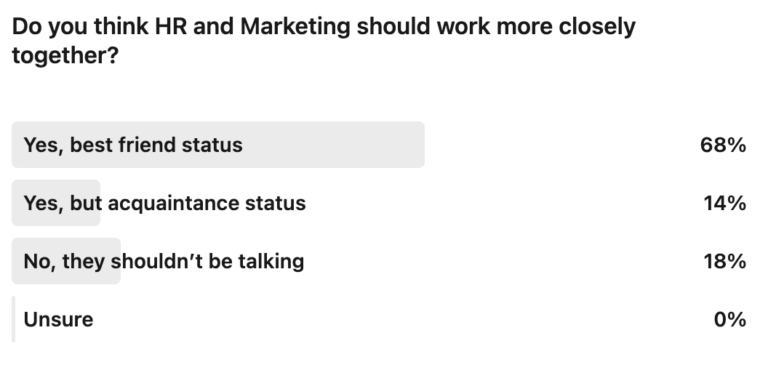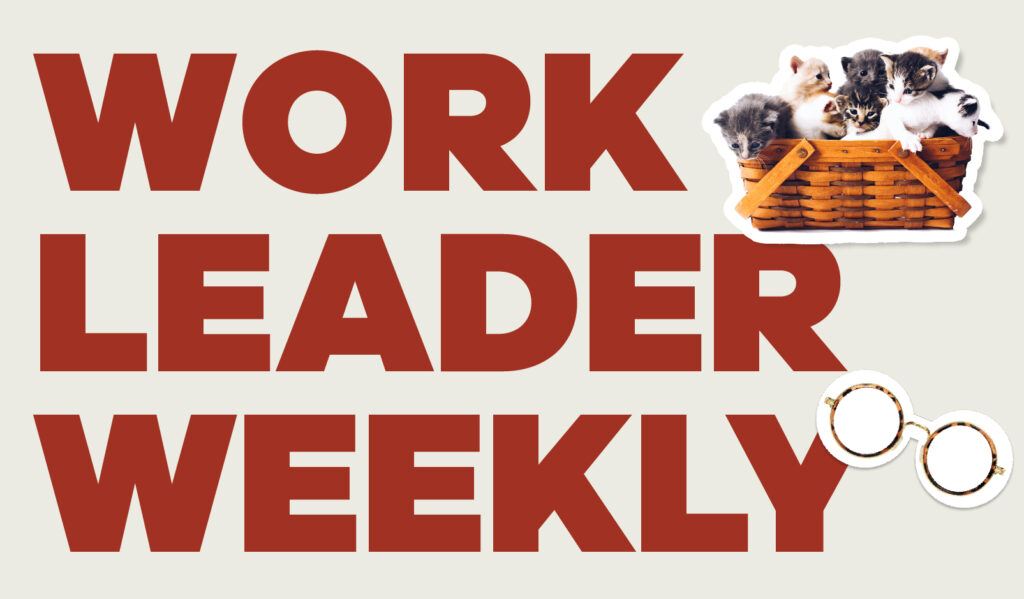Hello.
Hey, I’m back. Thanks to Racheal for filling in. As I’m getting back into the week, I’m covering what’s going on in the world of EX, AI and HR interplay, and companies wanting to layoff people remotely. But first, did we just rediscover offshoring and is it a remedy for remote work?
Let’s jump into it.
What’s old is new: Offshoring as a response to remote?
This week, the Wall Street Journal rediscovered an old idea: Offshoring. The lead in to the story comes from an anecdote shared by Johnny Taylor Jr., CEO of the Society for Human Resource Management (SHRM):
The idea came to Johnny Taylor Jr. early last year, after one of his employees made a case that her technology position could be done anywhere. She wanted to leave Virginia, where she held a job at the Society for Human Resource Management, a professional association based in Alexandria. She asked to work remotely in North Carolina.
“Then a lightbulb went off,” said Mr. Taylor, the association’s chief executive.
Instead of having the employee work in another state, he outsourced her job to India, where his organization is saving around 40% in labor costs, he said.
This is not exactly the type of story you like to read as a work leader trying to evolve your role in the eyes of colleagues. The self-appointed chief spokesperson for the profession that’s done nothing but try to raise his own profile saying this is, frankly, embarrassing on multiple levels.
- Is this really the example we want to make of an employee who, apparently legitimately, didn’t need to be in the office?
- Is this a good way to convince people to stay with an organization? Holding people under constant threat of offshoring?
- Is this really the first time the SHRM CEO has considered offshoring, even though it’s been around for decades?
- Is a 40% cost savings really something to brag about, especially if you don’t pair that statement with getting equivalent results?
I know lots of good folks who work and volunteer for SHRM. I’ve spoken at their national and regional conferences. When I had a middling $300 personal development budget as a new HR leader, you bet your ass SHRM membership was one of those expenditures.
So it’s disappointing that their CEO is out there loud and proud with an offshoring message that seeks to disempower and disengage employees everywhere.
This isn’t just about moving some jobs to India, which organizations have done without a mention in the WSJ thousands of times. It’s the attitude that employees are just another number you can squeeze rather than the rhetoric about being “our greatest asset” actually being taken seriously.
We also know offshoring for labor cost arbitrage isn’t always a great experience for the folks in those markets across the world who are also looking to raise their standard of living — something that India is in the midst of right now. Unfortunately, some offshoring decision-makers think that in moving a job to a country with a poorer standard of living, they are also being benevolent.
There is a more nuanced take about a more globalized workforce, one that isn’t just focused on reduced labor costs. More than ever, companies of all sizes have access to more talent. That’s a good thing. While costs can’t be ignored, it’s more important that organizations have access to the talent that will help them achieve their goals and that no matter where a person is located, they are valued and respected for their contributions.
Remote is part of that broader equation, something that every HR leader is grappling with right now. Let’s just hope it’s with a little more care than the CEO of the world’s largest HR association has shown.

Weekly LinkedIn poll result
 Marketing and HR: Should they be buds? Can marketing learn from HR (and HR from marketing)? At least from our audience, which is primarily HR and work leaders, the answer seems to be a solid yes.
Marketing and HR: Should they be buds? Can marketing learn from HR (and HR from marketing)? At least from our audience, which is primarily HR and work leaders, the answer seems to be a solid yes.
That being said, 18% said they shouldn’t be talking and I’m guessing there’s probably a story or two about that.

Quick hits from around the web
What else is happening?
How companies like Coca-Cola and KFC are addressing EX. My coverage from Qualtrics’ X4 Summit and some of the progress and challenges ahead for EX. (Reworked)
Stop with the ATS excuses and embrace the suck. Hate your ATS? Join the club and move forward with a better strategy. (ERE)
Employee burnout is on the rise. How can HR tech help? Some great shoutouts to technology providers in this space that help with employee wellbeing. (HR Executive)
Welcome to the era of remote layoffs. This is not a good way to handle things, btw. (Fortune)
Trip.com’s hybrid work policy has seen high adoption rates across its markets. Great international perspective on the uptake of one company’s hybrid work policy. (Human Resources Online)
How to save your culture from proximity bias. Returning to the office isn’t the only option here. (TLNT)
Generative AI is coming for HR. Recruiting, L&D, and employee self-service are key areas where generative AI may help. (HR Brew)
How AI is disrupting the HR tech marketplace. AI investment is up 27% this year and AI-centric core HR systems are coming. (Josh Bersin)
Self-imposed pressure keeps employees from fully unplugging during time off. More evidence to take an active approach in preventing burnout. (HR Dive)
Unlocking the remote work productivity advantage. As companies make the case to bring workers back in the office, here’s where people can up the advantages for staying remote or hybrid. (Forbes)
Meta’s restructuring efforts spark job stability concerns among employees amid layoffs and absence of leaders at headquarters. The latter part of that should be super concerning. (Yahoo! Finance)
From the 12 Geniuses Podcast: Building grit
Being able to bounce back from adversity is a critical skill for being successful in business and in living a healthy, fulfilled life. Do some people have an innate ability to withstand adversity? Is it something you can get better at?
In the latest episode of the 12 Geniuses Podcast, Don MacPherson interviews Shannon Huffman Polson, one of the U.S. Army’s first female Apache helicopter pilots. They discuss the grit and resilience required to compete and succeed in challenging environments, and takeaways from Shannon’s Book, The Grit Factor, which provides a playbook for people who want to develop greater perseverance no matter what their occupation or goals are.


That’s it for this week!
Lance




